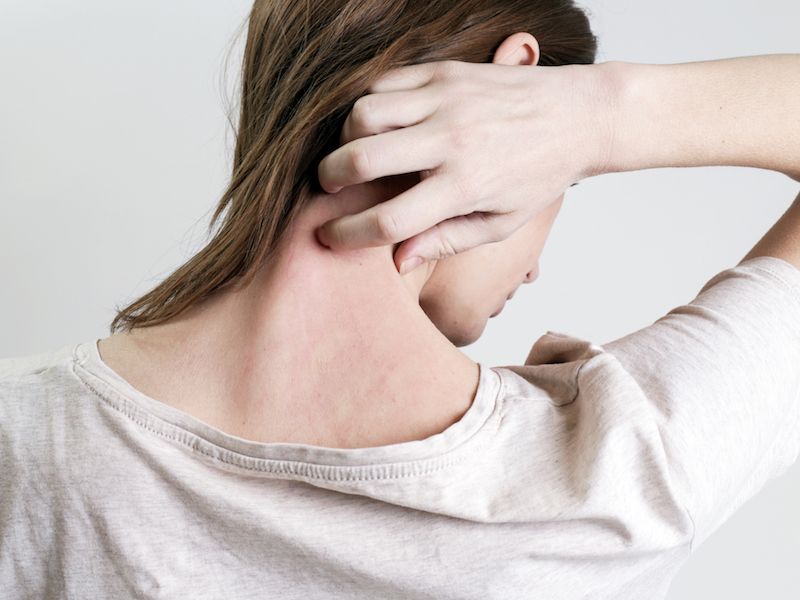
The word psoriasis normally recalls recollections of people with skin issues like the ones on all those advertisements. Psoriasis is more than skin problems and really impacts your general health. Psoriasis is frequently misunderstood and minimized, due to a lack of knowledge of how psoriasis impacts sufferers as well as the serious conditions that can be related to this disorder. Although plaques on the skin are its most noticeable indicator, they’re indicative of what psoriasis can cause in the whole body: Continuous inflammation that can increase the chance of metabolic conditions and cardiovascular disease.
A new study strengthens the body of research connecting another serious problem to psoriasis: Hearing loss. Published in The Journal of Rheumatology, this research looked at links between psoriatic arthritis, mental health, and hearing impairment. Psoriatic arthritis has an affect on the joints, and is a type of psoriasis, causing swelling, discomfort, and difficulty with movement. The normal plaques may not be experienced by people who suffer from psoriatic arthritis.
When someone has psoriatic arthritis, the body is essentially attacking its own healthy cells in the same way that it does with rheumatoid arthritis because they are all autoimmune diseases. But unlike rheumatoid arthritis, you could have psoriatic arthritis on only one knee due to the fact that it’s asymmetrical, and it doesn’t only affect joints but contributes to painfully swollen toes and fingers while it targets sufferer’s nails and eyes.
Based on the findings of this recent study, hearing might also be affected by psoriatic arthritis. The study contrasted the self-reported hearing loss of individuals who suffer from psoriatic arthritis, people who suffer from psoriasis but not psoriatic arthritis, and a large control group of people who had neither condition. They found that the group with psoriatic arthritis was more inclined to report hearing loss, and audiometric testing backed up the self-reports. Even when controlling for other risk elements, people diagnosed with psoriatic arthritis were significantly more prone to have loss of hearing than either {the control group or psoriasis sufferers}.
But there is an evident connection between psoriasis, psoriatic arthritis and hearing loss. A 2015 study discovered that people who have been diagnosed with psoriasis are at a significantly higher danger of getting sudden sensorineural hearing loss, also called sudden deafness. The ability to hear decreases significantly over three days or less with sudden sensoroneural hearing loss. It has several possible causes, but experts theorize that people with psoriasis are in greater danger due to the type of rapid inflammation that happens during a flare-up of psoriasis symptoms. The hearing might be affected if this happens near or in the cochlea. This kind of hearing loss, in some circumstances, can be helped by treatments that relieve psoriasis., but hearing aids are often recommended when other treatments don’t appear to be helping.
If you suffer from psoriatic arthritis or psoriasis, it’s worthwhile to observe your hearing. Plan your annual healthcare appointment along with regular hearing tests. The inflammation due to these diseases can lead to inner ear injury, which can lead to hearing loss as well as problems with balance. Psoriasis and psoriatic arthritis are both also connected with depression and anxiety, which can both aggravated loss of hearing. Hearing loss is a condition you want to catch early because neglected hearing loss can lead to other health concerns such as dementia.
With early intervention, you can stay ahead of the symptoms by having your hearing tested regularly and cooperating with your doctor, knowledge is key. You shouldn’t have to compromise your quality of life for psoriasis or for hearing loss, and all the difference is having the correct team by your side.
